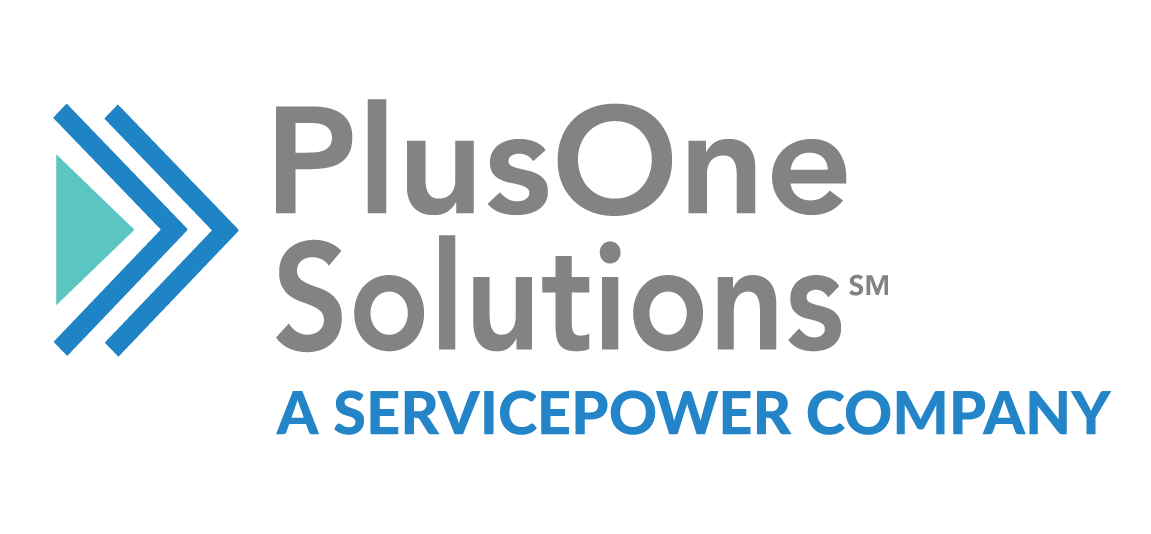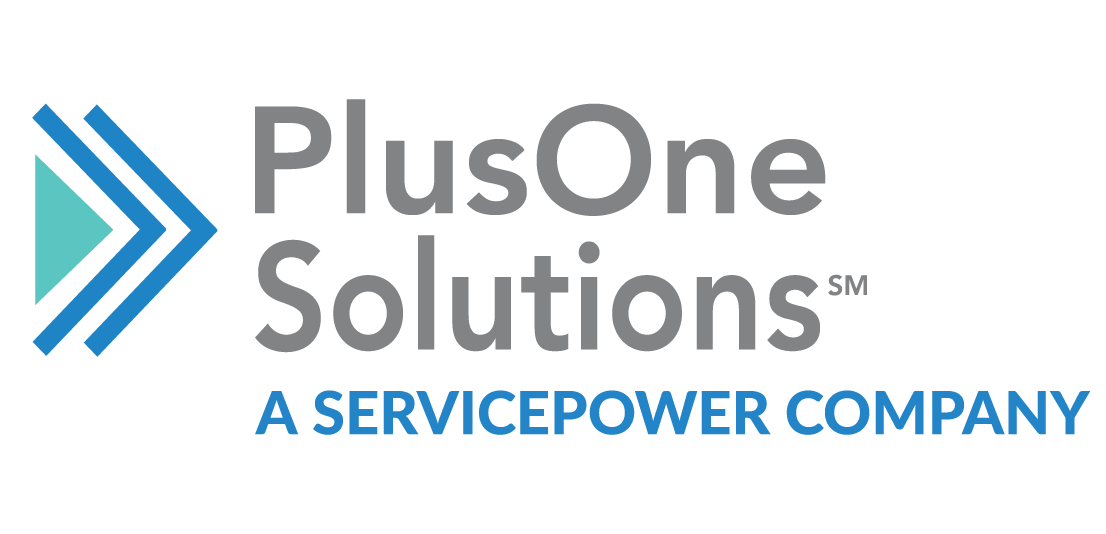For many years, the focus for Human Resource professionals was federal law. The FTC’s Fair Credit Reporting Act (FCRA) imposed obligations when using consumer reports as a factor in establishing eligibility for employment. Among these obligations was disclosing to the applicant and obtaining authorization prior to requesting the consumer report. Another was the requirement to provide to the applicant a pre/post adverse action notice if the information you received made you intend to not hire the applicant.
The Equal Employment Opportunity Commission had their own regulation and guidance. Among these were guidance on the use of criminal records, including arrest and conviction information. The Americans with Disabilities Act required employers to make reasonable accommodation for individuals with disabilities.
All of these (and more) laws and regulations you had to watch. And guidance (and legal precedent from court cases) were subject to change.
Your job has become harder. What has changed is that states, cities and counties are passing their laws and regulations. Decades ago, there were not as many states with their own “FCRA/privacy” law. States, and certainly not city or counties, did not have their own law and regulation regarding the use of criminal records.
To present an example, “Ban the Box” is common across the country. The name of this initiative derives from the common employment applications that contained a form of the question “Have you ever been convicted of a crime” with a box to check if affirmative. Ban the Box prohibits that question. But many of these new laws go far beyond that. For example, some prohibit any inquiry regarding criminal record history until a conditional job offer has been made. More information regarding Ban the Box can be found here: https://www.nelp.org/insights-research/ban-the-box-fair-chance-hiring-state-and-local-guide/
“Ban the Box,” while still advancing, has a big brother: “Clean Slate” initiatives.
To generalize the difference between these two, “Ban the Box” restricts when you may ask for and receive criminal records and conditions on using this information after receipt. “Clean Slate” restricts this information from public record access.
Several states have passed clean slate laws. One thing to watch for is past law that has current implementation. Here’s information about a Clean Slate law in New York that was signed into law one year ago, but is becoming effective this November. https://www.cleanslateny.org/faq
We suggest you monitor and review your recruiting and screening process by watching for new laws and implementation in your area of work. Ban the Box and Fair Chance Initiatives are expanding.
These are just two of the examples of state and local laws and regulations. Some states prohibit you from asking about previous compensation. Some states prohibit you from charging the applicant for the screening you do. Some states have their own version of disclosure and authorization.
As you know, we provide a tool to help you identify law and regulation with our 50-State compliance tool found on the home page of our ordering platform. This is an extremely valuable tool for you and your counsel. If you have question about it, give us a call.




